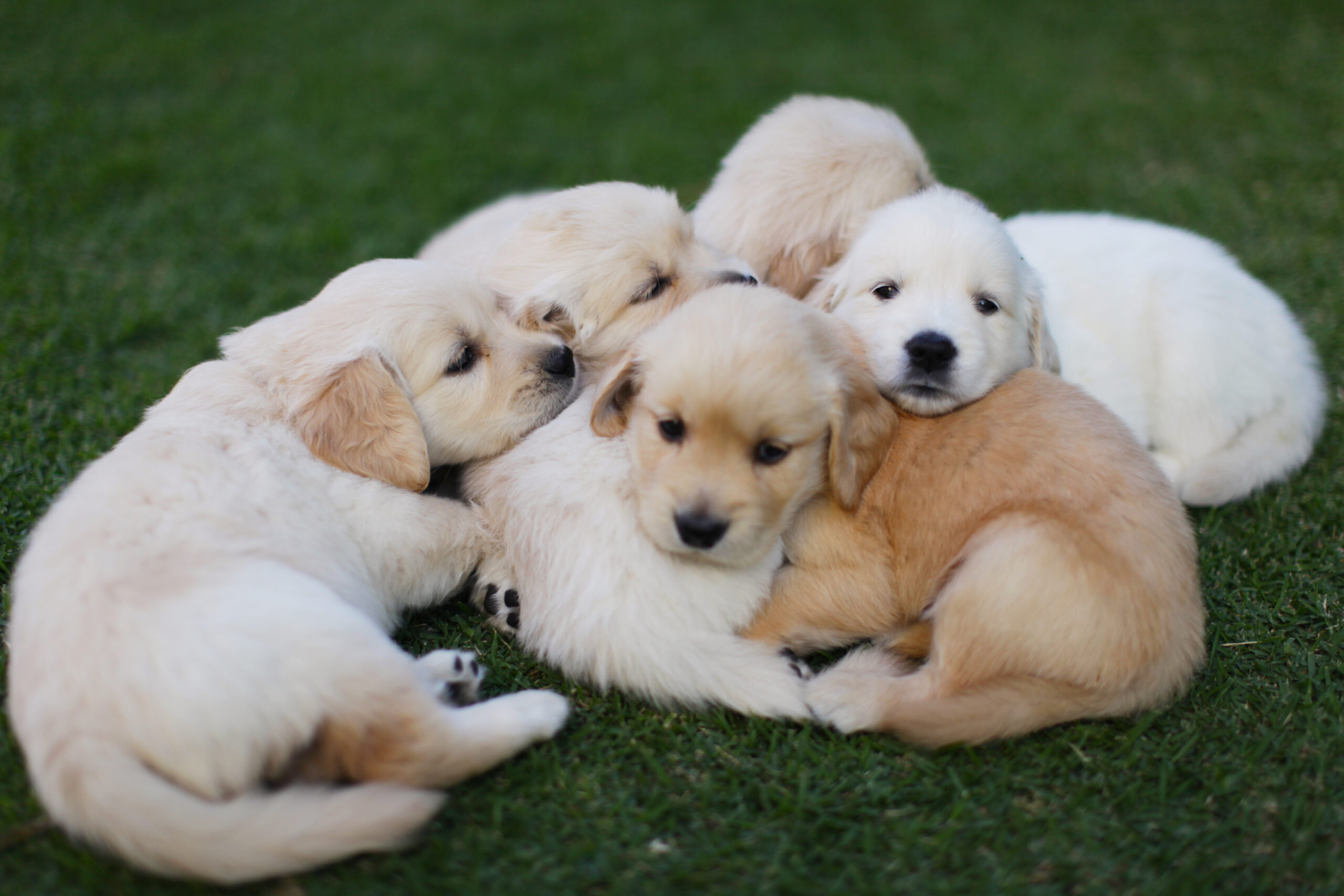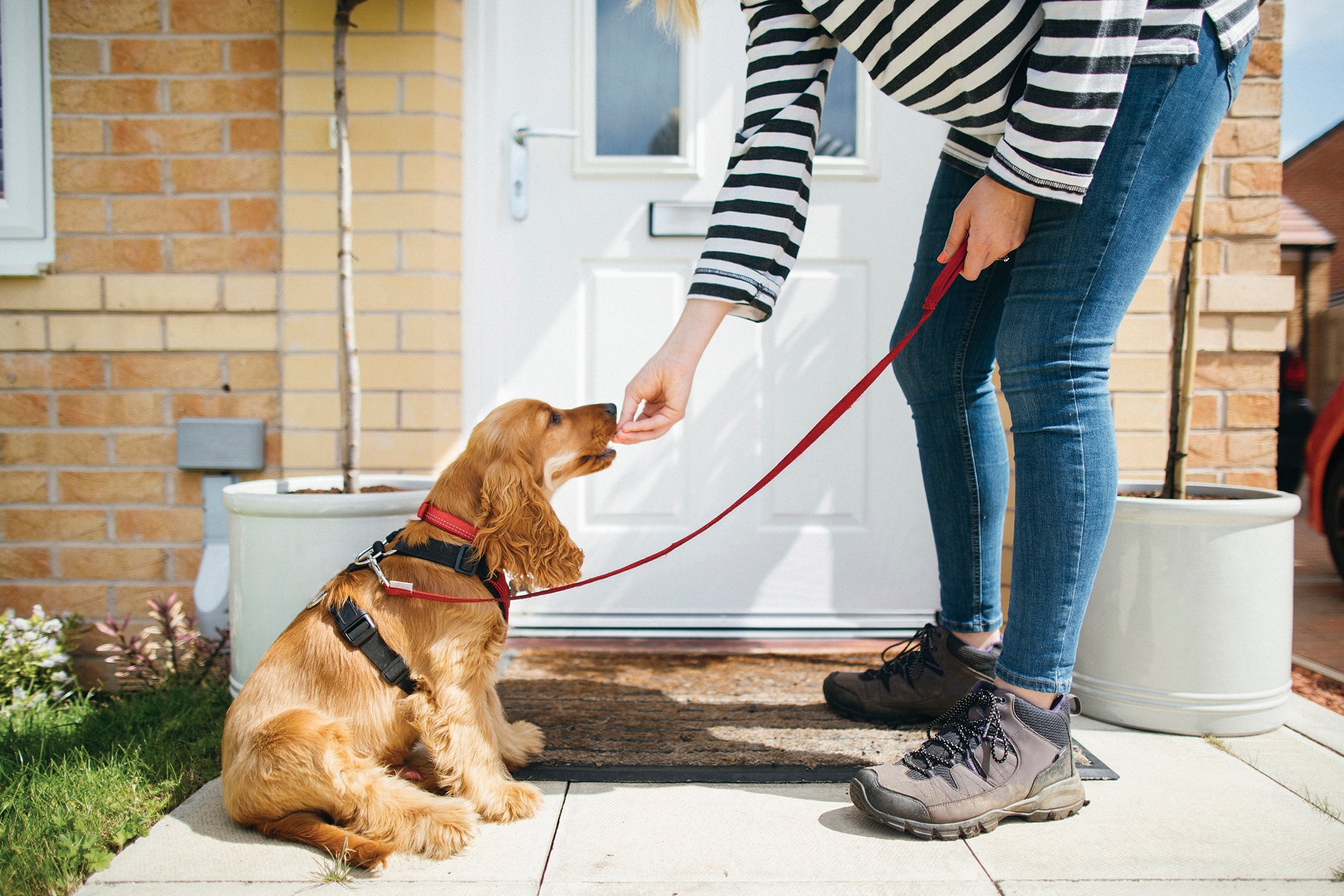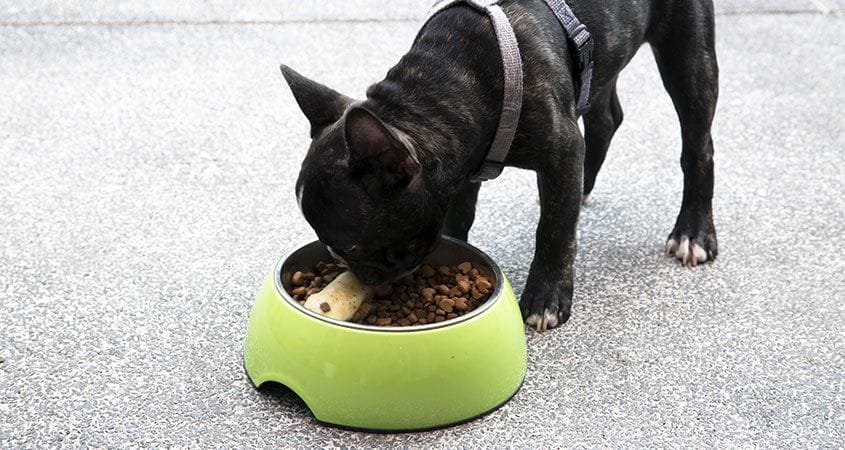Are you thinking of getting a puppy? Or is it possible that your female is about to give birth? Today, we’ll go over how a puppy grows and what are Dog’s development stages and how to handle a dog in the first few weeks of his life so that he can maintain his physical health and form a bond with his owner.
You’ll learn about the crucial stages of a dog’s growth, why your puppies can become fearful at any time, and why early socialization is so important. Each of these phases is crucial in shaping your dog’s personality.

Dog’s Development Stages:
Neonatal Period – 0 To 12 Days
These are the first development stages of the puppy. While a puppy is born blind and deaf, the other senses are already working well. Naturally, the dog’s nose is already at work. Puppies find their way to food by smelling the saliva of their mothers.
Babies are completely reliant on their mothers; she stimulates their digestive systems by kissing them, and she also encourages the puppies to feed. It would seem that such defenseless infants should be sheltered from all types of stress.
Transition Stage – From 13 To 20 Days
Puppies become more mobile and engage in more active play with one another. At this age, the most important lesson they can learn is to stop biting. Puppies learn how hard they can bite when playing together in order to avoid injuring themselves.
There’s a fair chance your puppy won’t learn this ability if he hasn’t had any interaction with other puppies during this period. It’s almost impossible to make up for this in the future. As a result, it’s important that puppies spend this stage of their lives together and have plenty of opportunities to play.
Not only can a puppy who has not learned to inhibit bite severely bite the legs and arms, but he or she will also have difficulty communicating with other dogs. During play, his inept, too-hard chewing can cause a battle between the dogs.

Stages Of Socialisation Range From 4 To 12 Weeks
This is one of the critical dog’s development stages in the life of a puppy. The puppy discovers what it means to be a dog during the socialization process. Establishes social connections and knows the dog herd’s laws. He also learns the fundamentals of communication.
The stage in which a human being is socialized and a hierarchy is established (from 2 to 5 months). This is a vital point, as the pooch gradually transitions to life with people. This is the moment when your child should be able to find their way back home.
We should begin identifying and implementing the fundamental concepts of good education around the age of 4-5 months, not to mention socialization with other dogs. You can get expert advice and take your dog to a “dog kindergarten” here.
Since learning proper conduct and respect for the household is so necessary, the puppy gradually gains trust in his actions. We can also expect teeth replacement at this stage.
Stage Of Egress (5 To 8 Months)
Our dog, who had been loyal up to this point and had come to our call, now behaves as if “deaf” and ignores our commands.
Period Of Maturation (6 To 14 Months)
This is the time when the dog’s hormone balance is being determined. It’s a period as uncertain as adolescence in humans. Incomprehensible reactions and behaviors can occur during this period (e.g. the dog may become afraid of objects that he did not pay attention to before).
Maturity Age (1 To 4 Years)
As I described at the outset, achieving full maturity in our dog is a very personal experience (depending on the size and breed of the dog).
Large breed dogs mature at a much slower rate than small breed dogs. If the dog hasn’t mastered the discipline in the previous months, it will begin to use it during this period.
These are some of the puppy development stages. Exercising your dog is vital at every point of their life to ensure they are entertained and safe.


